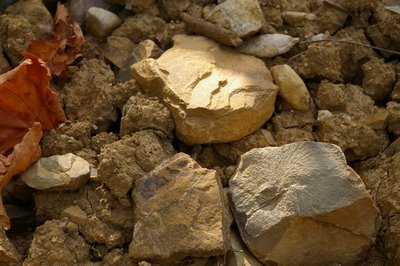Why wine tastes the way it does
 I thought it would be quite fun to ask a fundamental question about wine. Why does a particular wine taste the way it does? This question addresses the factors that are most important in influencing the flavour of wine, and here are my brief off-the-cuff answers.
I thought it would be quite fun to ask a fundamental question about wine. Why does a particular wine taste the way it does? This question addresses the factors that are most important in influencing the flavour of wine, and here are my brief off-the-cuff answers.1. Grape variety. Each of the thousands of grape varieties used to make wine has its own distinct character. Fortunately for newbies, just a dozen or so varieties are really widely used, and so getting to grips with how these taste isn't such a daunting task. Bear in mind that other factors will influence how distinctive the varietal character is, and that some varieties are more distinctive than others.
2. Climate. The typical weather enjoyed by a particular vineyard site will influence which varieties can be grown successfully, so we could say that climate influences wine taste more than grape variety, because it influences the choice of variety and how that variety performs! Beyond that, warm sites will produce wines with sweeter, riper fruit than cool sites. Often, grapes perform best on sites that are only just warm enough to get them properly ripe.
3. Soil type. The interaction between the soil and the climate in influencing wine flavour is really important, and together these factors are known by the French term terroir. Discussions about terroir can get a bit heated, because it's a semi-religious subject for many. Suffice to say that the soil's physical properties (drainage, water availability, heat retention) are important in influencing the quality of the grapes, and the soil's chemical properties (chalk versus schist versus granite, for example) may also play a role in influencing the way the grapes grow. It's an inexact science. [Pictured above are the soils in a vineyard in Chianti Classico.]
4. Winemaking decisions. Choices made by winegrowers matter. If you pick grapes early you get brighter, fresher wines with more acidity; pick later and you get fuller wines with sweeter fruit (I'm assuming that you aren't picking so early as to get unripeness or so late as to get flabby, jammy, dead fruit). Then, in the winery, factors such as managing the fermentation (choice of yeast, fermentation temperature, addition of acidity or not, addition of nitrogen or not) or choice of fermentation vessel (stainless steel or oak barrel), or decisions about how to mature the wines, or whether to filter them, and even the choice of closure can all make quite a difference to how the final wine turns out. As you've probably gathered, this is a complex topic!
5. The label. You probably think I'm nuts, but the label may well influence how the wine tastes. As I've said before, we bring something to the wine tasting experience. Our expectations will help shape our perceptions. If we know something about the wine, that knowledge will impact on our tasting experience.

1 Comments:
I'm so happy to have found this blog!
I've recently become interested in wine...as opposed to 'wine is just...wine' Mainly because I have had no experience at all.Now I'm quite fascinated by the whole thing due to an experience with a glass of rather interesting malbec. Suffice it to say I'm synesthetic regarding taste, sound and colour and the flavours of this wine produced a startling result in my brain. Now I'm curious about how, why and what happens with others.I've been reading all the backlogs here and it's fantastic. Thank you!
Post a Comment
<< Home